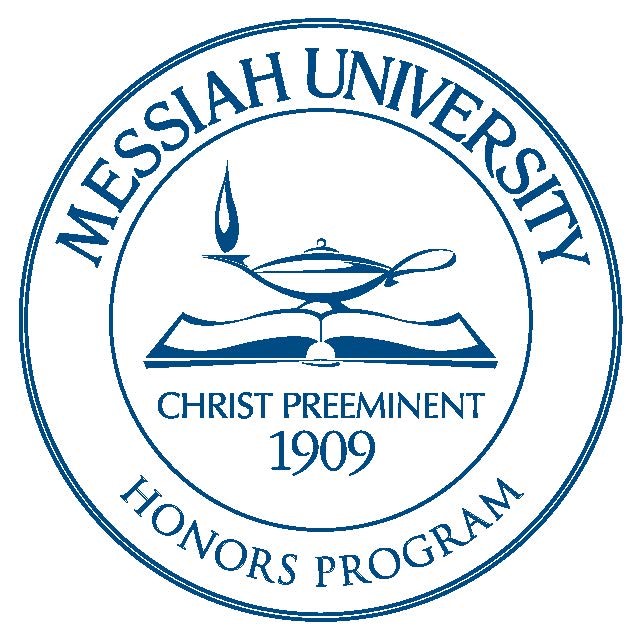Date of Award
Fall 2023
Document Type
Open Access Thesis
Department
History, Politics and International Relations
First Advisor
Dr. Paul Rego
Abstract
The president’s power to nominate Supreme Court justices could be the tool best-suited for crafting a legacy, for it is the power to impact the nation well beyond the length of his term. With the unraveling of the New Deal coalition and the ascension of the Rehnquist Court, the retirement of Justice Lewis F. Powell invited the opportunity for President Ronald Reagan to secure a conservative majority on the Supreme Court for the next generation. His nominee was one of the most prominent conservative legal scholars in the nation, and a favorite of the Republican party who boasted an impressive professional record: Judge Robert H. Bork. The announcement sent reverberations through the Senate Judiciary Committee, and in the weeks leading up to the confirmation, the battle was catapulted into the lives of the public. The nomination in its entirety has traditionally been viewed as a low-point in our contemporary political history, but perhaps there was a silver lining. Although the nation was ensnared in a massive battle, the battle itself was ideological. It was unparalleled, not only for its vigor, but also for its substance. Senators and the public alike concerned themselves with legal theory, and it was constitutionally-oriented. Since that day, our nation has not witnessed Supreme Court confirmation hearings marked by such commitment to genuine legal and constitutional debate. Viewing the battle over Bork’s nomination as the prologue to a new era of partisan rancor and polarization, most commentators look back on the episode with regret, forgetting (or not even realizing) that, in many respects, it was far superior to the nomination hearings that followed. Hoping to avoid the fate of Bork, all subsequent nominees have practiced the art of avoidance, for what is not said cannot be held against them....
Recommended Citation
Mast, Alexa, "The Bork Nomination and Degradation of Debate" (2023). Honors Projects and Presentations: Undergraduate. 440.
https://mosaic.messiah.edu/honors/440



Comments
Written as part of: POLI 497: Departmental Honors